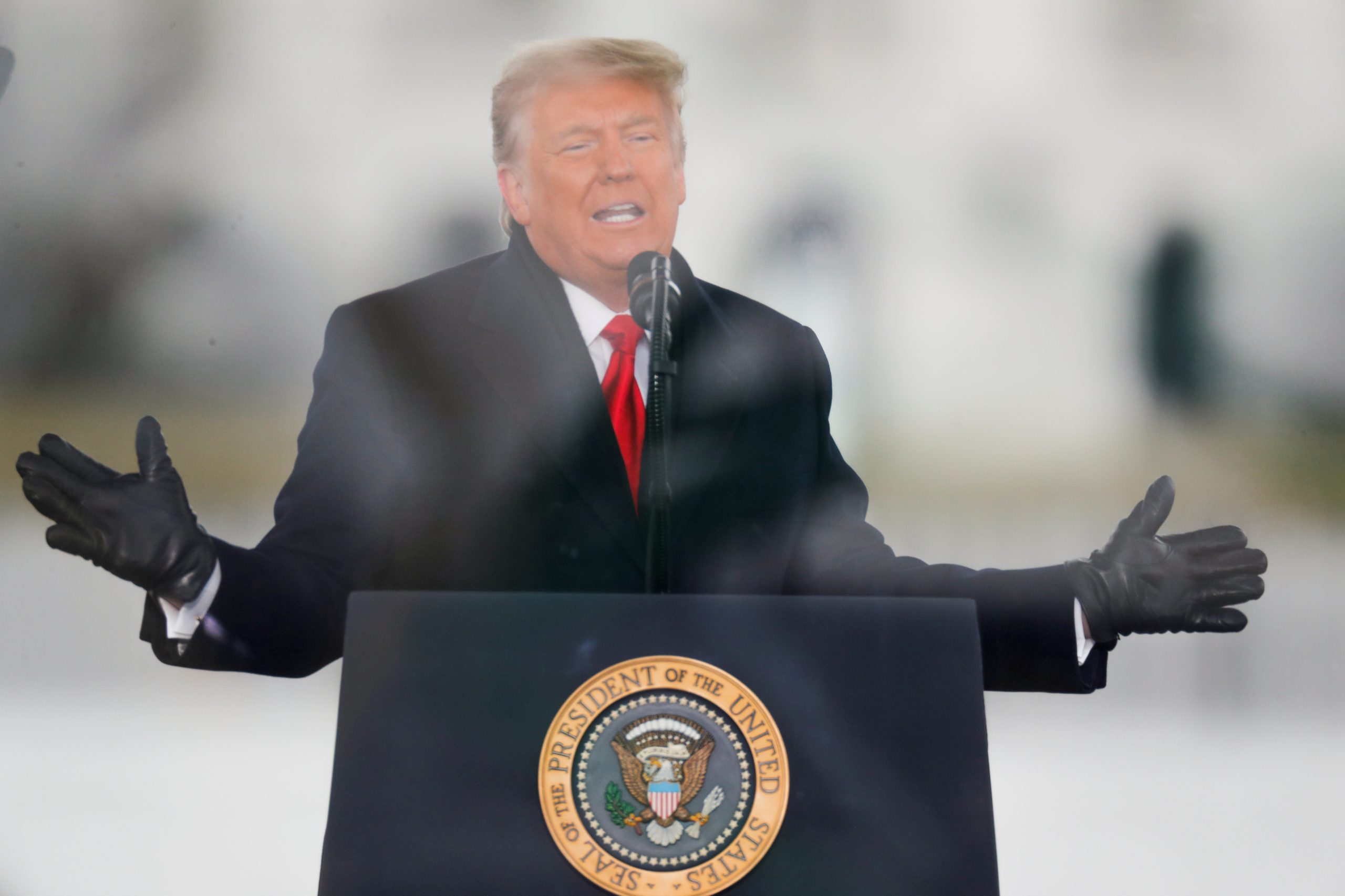
Lauren Moye, FISM News
[elfsight_social_share_buttons id=”1″]
Democrats gained a victory in their investigations and allegations of a coup regarding the events of Jan. 6, 2021. On Monday, a U.S. federal judge ruled that certain documents and emails needed to be turned over for Congressional review on the grounds that former President Donald Trump “more likely than not” acted corruptly by trying to delay and overturn the certification of electoral votes.
“The Court finds it more likely than not that President Trump corruptly attempted to obstruct the Joint Session of Congress on January 6, 2021,” Los Angeles U.S. District Judge David Carter said in a written decision. One paragraph before, he wrote: “The illegality of the plan was obvious.”
The documents and emails in question were sent by a Chapman University law professor and attorney John Eastman. Eastman played a key role in events leading up to Jan. 6, including leading a lawsuit in Georgia alleging that voting fraud had been committed in the state during the Presidential election.
Democrats immediately celebrated, including the Democratic-led Jan. 6 Select Committee who requested the documents as part of their investigation. Eastman opened a lawsuit against the committee to prevent this.
“The Court’s ruling today is a victory for the rule of law and clears the way for the Select Committee to obtain materials important to our investigation,” the committee’s chairman, Democrat Bennie Thompson of Missouri, and vice-chair, Republican Lynne Cheney of Wyoming, said in a joint statement.
While much has been made of Carter’s decision in the media, it is important to note that this is the determination that the Clinton-appointed judge was asked to make in order to release the requested documents. The court oversaw several challenges from the defendants to eliminate attorney-client privilege over the documents, including a challenge that Eastman’s usage of his Chapman University email address nullified the right to confidentiality because of the university’s right to monitor communications. Carter rejected this argument.
The case naturally moved down the line of arguments until it hinged on the question of whether the attorney-client privilege was being used as a smokescreen for the intentional commitment of a crime. If Carter felt that it was likely that the lawyer and former president were acting corruptly, then the documents could be released so that criminal charges and the case could be presented in a different court.
As it stands, Carter’s statement of “more likely than not” can be easily contradicted by a future court tasked with determining the guilt. Ultimately, the decision to press charges is not in the hands of either Carter or the House committee. Current U.S. attorney general Merrick Garland would need to initiate that process.
The U.S. Department of Justice and Trump spokesmen have not yet made statements on the ruling.
Eastman’s attorney, Charles Burnham, rejected narratives that portray Eastman as hiding criminal intentions. Rather, the lawsuit was about protecting attorney-client privileges to the best of his professional duty.
“Dr. Eastman’s case against the January 6 committee seeks to fulfill this responsibility,” Burnham said in a statement. “It is not an attempt to ‘hide’ documents or ‘obstruct’ congressional investigations, as the January 6th committee falsely claims.”
